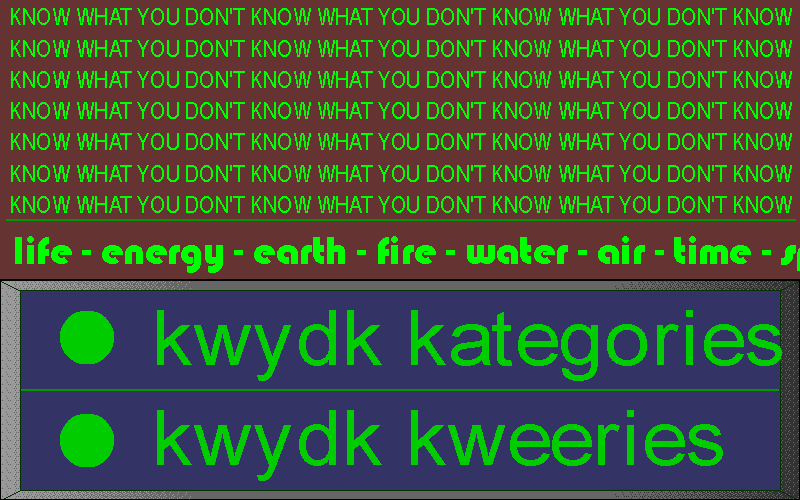
Discussions On Debatable Truths
What is truth? We once lived in a time when the sun went around a flat earth which existed at the center of the Universe.

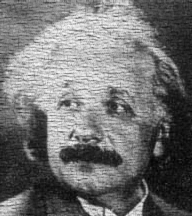
Today the truth is that all life that we know lives inside an air bubble floating atop a pocket of water on a wobbly rock that spins as it circles an active hydrogen fueled, nuclear fusion star which is the gravitational center of a diverse planetary system. Our relatively tiny home orb is protected from this sun's waves of radioactive energy, emitted as electromagnetic rays laced with cosmic particles, by a magnetic shield emanating from inside our actively churning molten iron core. The solar system that cradles us hurtles through space at hundreds of miles per second inhabiting the outskirts of a spiral milky galaxy rotating around what appears to be the vortex of a nebulous black hole. All its billions of interplaying stars are just a minuscule part of an incredibly vast and expanding Universe. This known Universe is a collection of trillions of celestial bodies accelerating outwards from an originating massive explosion. The primordial conflagration at the beginning of time was created when all matter was compressed into an infinitely small singularity point and then blasted into unending empty space in a tremendous big bang.
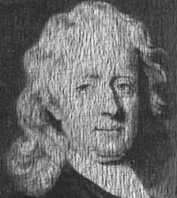
These truths of physics have been established in part through the great works of Nicolaus Copernicus (1473 - 1543), Johan Kepler (1571 - 1630), Issac Newton (1642 - 1727) and Albert Einstein (1879 - 1955). These known facts form the commonly held tenets founding Western civilization's scientific establishment. They are demonstrably provable to a high level of confidence through empirical examination, except the last part describing the inception of all physical reality. This speculative hypothesis is extrapolated from Einstein's relativity theories. The idea of everything in the Universe being condensed and then expelled from a single point into 3-dimensional space is about as difficult a thing to conceive of as anything that could possibly be imagined. This might be called a questionable truth. Something based on scientific observances and embraced by most of the public, but difficult to fathom. This was once the case pertaining to the notion of a spherical earth.
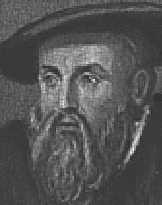
There was a point in the human experience when the former premise was apparently evident from the observable data. Obviously, if the earth was a globe people would start to fall off as they walked toward the southern hemisphere. A flat world was the generally agreed upon state of scientific truth until Newton effectively explained gravity as it related to planets. The sun, the moon and the stars crossing the sky was a viewable fact. They were part of the persistent clues that contradicted the accepted opinion of a plane earth with round bodies circling it. Hints to a bigger reality were seen by a few visionary thinkers, like Copernicus who postulated on the heliocentricity of our solar system. Then Kepler calculated the formulas for retrograde planetary movements with measurable accuracy. This established the evidence that led to the logical formation of the sun at the center of our planetary system instead of imposing our own place at the midpoint of all things. A geocentric model was clearly not deducible through verifiable facts, but maybe more symbolic of the state of the collective self. Courageous scientists that studied these enigmas, who went against the grain of established thought by unraveling the mysteries of their times, were able to cross the boundaries of established thinking and solve some of the remaining riddles exposing deeper truths.
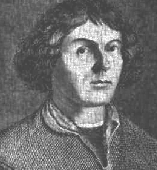
Know What You Don't Know
KWYDK basically means to be aware of the areas where knowledge is lacking. This website is an effort to discover the next great unknown truths through a wiki social consciousness. Throughout our existence each era constructs scientific tenets which help form the societal belief systems of the time. When innovative theoreticians question the pillars supporting the architecture of the current of scientific dogma they can expand the perspective of the community mind. Knocking down the foundations of existing wisdom can also cause defensive reactions because people build their personal world views partially based on intellectual constructs of the world we live in. The above recitation demonstrating evolving ideas is a good example of the concept of KWYDK showing innovators who confront commonly held beliefs to allow all of us to know that which we don't yet know.
At this website you can post new theories, blog about subjects and chat with others to discuss what we don't know. We are the psychosocial products of our belief systems which are based on current scientific theories, religious perspectives and personal philosophies, but to truly know what we don't know means that everything is debatable, and we must be open to searching for that which might still remain outside the currently structured framework that make up our view of what is real.